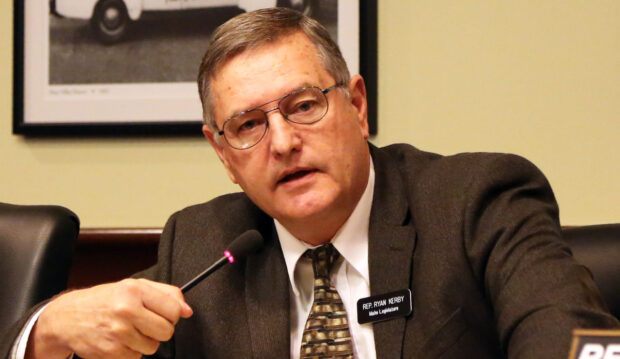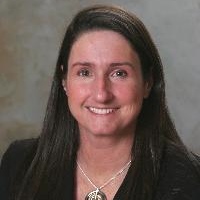One Republican member of the House Education Committee said he is impressed with proposed academic science standards that a committee of teachers released last month.
But a Boise Democrat, who pushed for an open dialogue on science and climate change, said the decision to remove references to global warming from the standards amounted to partisan politics and science denial.
The 2018 Legislature is likely to get the last word. A State Department of Education committee of teachers and industry representatives drafted five new standards last month, in an attempt to replace controversial sections that the 2017 Legislature deleted.

Rep. Ryan Kerby, R-New Plymouth, said the proposed new standards address his concerns with the earlier wording.
“That was what I wanted,” said Kerby, a retired school superintendent. “Certainly these are more balanced, and they are inquiry-based.”
In February, Caldwell Republican Rep. Scott Syme led House Education’s efforts to remove five proposed standards that referred to climate change and human impact on the environment. Legislators approved a slate of temporary academic science standards, with the five sections deleted.
Syme did not respond to multiple requests for comment from Idaho Education News over the past two weeks.
Instead, Syme emailed a statement, saying only, “I will save my comments for the rules review (during the 2018 legislative session).”
In February, Syme told Idaho Education News he worked closely with Kerby to analyze the standards. Syme and Kerby voted with the majority of committee Republicans to remove the five climate change standards.
Kerby discussed the standards at length during an interview Wednesday, but stressed he was only speaking for himself. Kerby also said that as a lifelong educator, he is not opposed to teaching climate science. He said he just wants to be careful about how the subject is taught, and felt the previous standards “force feed (students) that they have to believe that this whole thing is due to humans burning gas and oil and natural gas, which is what some people want.”
“You need to understand I’m not opposed, I think the science of global warming is fine,” Kerby said. “I don’t have a problem with any of this stuff, personally. I’m happy we’re talking climate change. We know there is global warming because the forest fire season lasts longer. But we don’t know if it’s cyclic or something that’s here to stay.”
Rep. llana Rubel complimented the committee of teachers who drafted the newest standards. But Rubel, D-Boise, criticized Republicans for acting on partisan interests and denying science in public schools, which she said backed the SDE’s committee into a corner.

“I want to be clear that I have the highest regard for the committee, and if this is what has to be done to get climate change into the curriculum, so be it,” Rubel said. “But it is regrettable the Legislature sent them on a mission to water down the conclusions of what science teachers and scientists had already come up with.”
After being rebuffed by GOP leadership and committee chairmen, Rubel sponsored an independent and informal hearing on climate change that attracted hundreds of attendees to the Statehouse. Shortly after the legislative session concluded, hundreds more attended a pro-science rally on the Statehouse steps.
During public hearings and online comment period in April, more than 1,000 Idahoans offered feedback on science standards. Between 98 and 99 percent of commenters favored teaching the whole slate of science standards, with climate change references left intact, according to state officials and an SDE committee member.
Christopher Taylor, the Boise School District’s science, social studies and health coordinator, said the committee strived to respond to Syme and other Republicans’ concerns, while preserving the integrity of the science behind the standards.
That meant changing one reference to rising temperatures to changing climate, and inserting language that reads, “Technology and engineering can potentially mitigate impacts on Earth’s systems as both human populations and per-capita consumption of natural resources increase.”
House Education Chairwoman Julie VanOrden, R-Pingree, and Senate Education Chairman Dean Mortimer, R-Idaho Falls, told Idaho Education News this week that they had not yet reviewed the new wording. Mortimer said he wanted to let the process play out first (the standards are expected to go before the State Board of Education, possibly in August).
But both committee leaders praised the teachers and the SDE for seeking out public input and publicizing their efforts.
Further reading
See for yourself: The State Department of Education published a Idaho Science Standards Comparison chart that lists the old standards alongside the proposed replacements.
